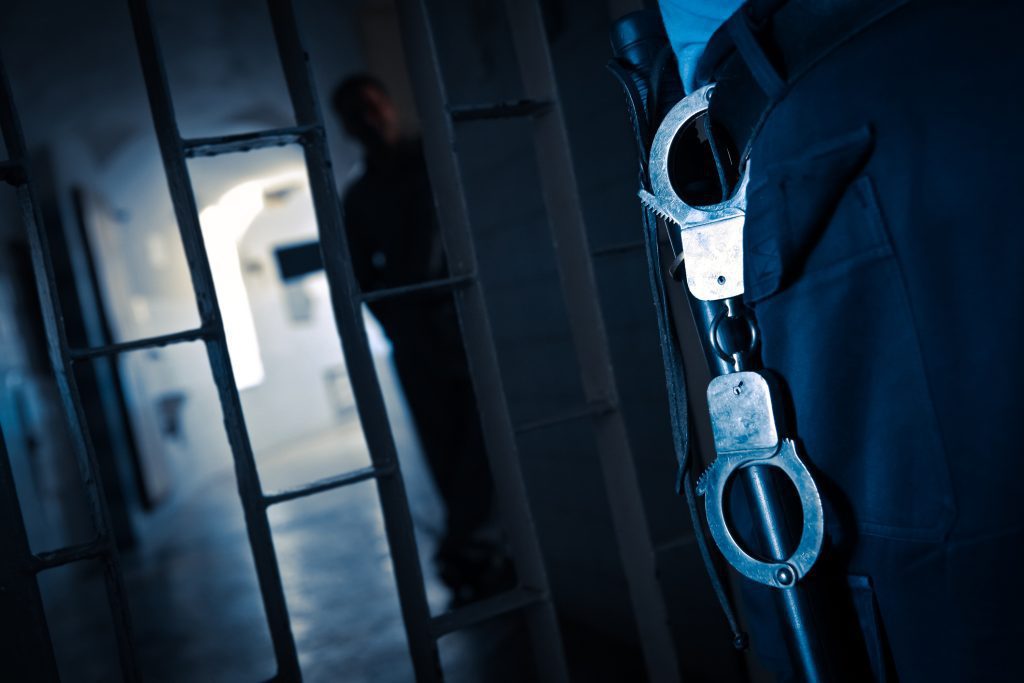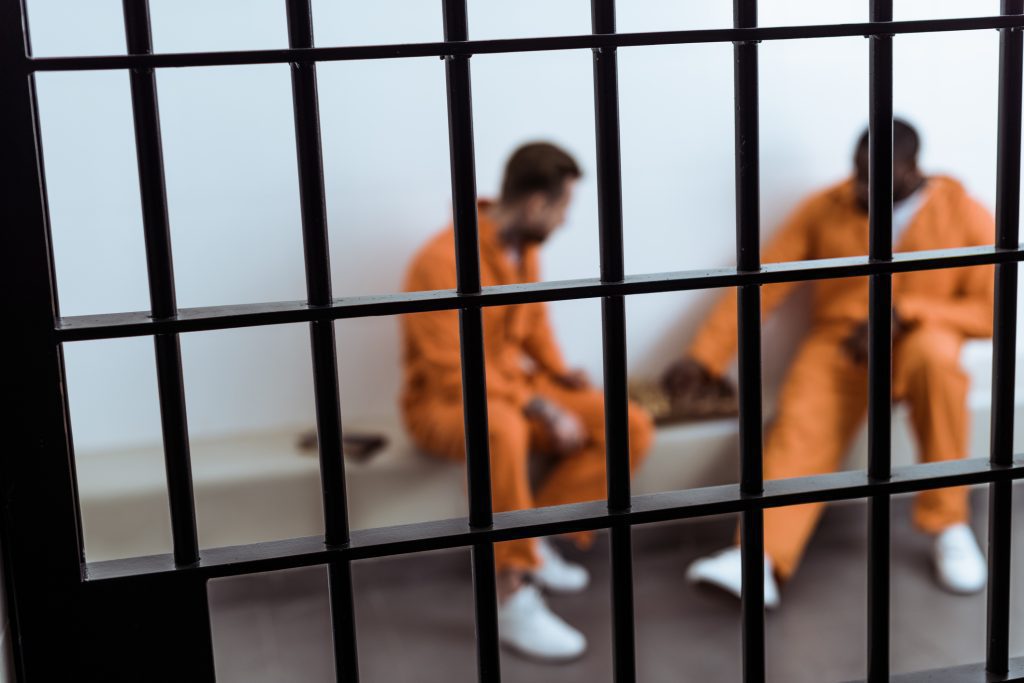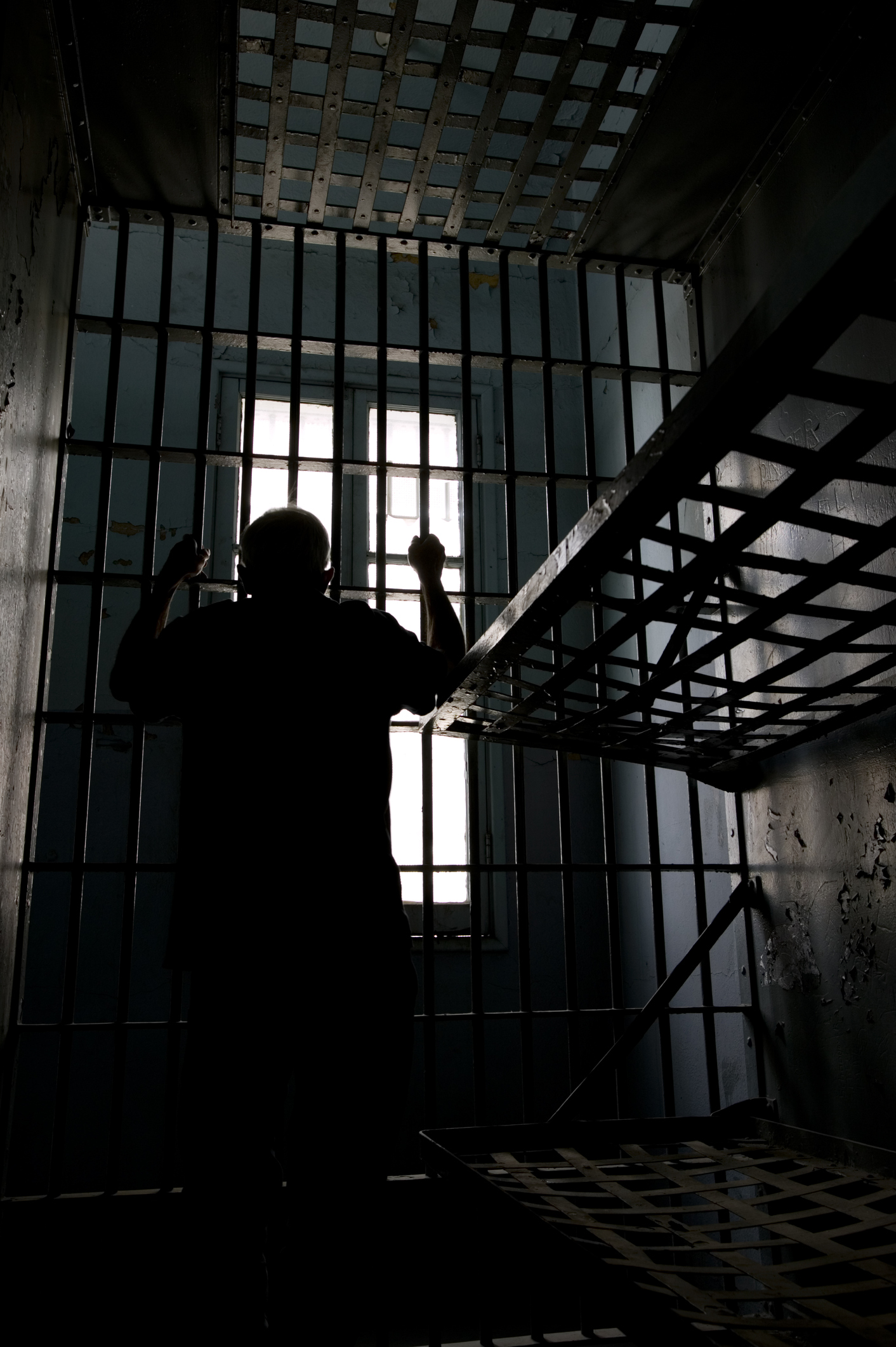Yes. Prisoners have First Amendment rights, even in prison. But that doesn’t mean that you have the unlimited right to free speech in prison. Prison officials can limit any communication that they believe puts incarcerated people or staff in danger.
What does the First Amendment say?
The First Amendment includes the right to free speech. It also protects the freedom of religion and the rights of the press. This amendment allows people to protest and challenge the government.
Many people misunderstand their First Amendment rights. The right to free speech does not mean that people can say anything they want. Instead, it prohibits the government from imposing laws that restrict speech too far. But there are several exceptions to this general rule. And the government can also impose reasonable limitations on speech. You can also still be punished for the things you say by individuals other than the government. For example, employers can fire you for certain speech.

The Constitution requires that the government protect your right to free speech. But the constitutional right to free speech isn’t limitless. Courts determine whether the limits of the First Amendment protections are in prisons.
Do prisoners have First Amendment rights in what they write in the mail?
Yes. Several court cases clarify what First Amendment protections are limited in prison. You can only exercise your First Amendment rights if they don’t affect prison security or safety. People outside the prison face some limitations as well but not as many. As a result, prison officials can only censor mail that threatens prison safety and security. This includes language about violence or escape.
Remember that government officials can read your mail. And they don’t have to tell you when they read your letters or if they censor them. If you get censored mail, you can ask officials about it. They will review the kinds of things you’re not allowed to write about.
The handbook for newly incarcerated people also says harmful language is not allowed inside the prison. Prison officials can’t use this kind of language with each other or people in prison. Prisoners also can’t use this kind of language with anyone in the prison. This is because harmful language may cause problems or fights.
Do prisoners have other First Amendment rights?
Yes. The right to a free press also protects your ability to write to or speak with the media from prison. You can also read things like newspapers and books. But officials can take these privileges away. This is because prison staff use privileges like these to encourage good behavior. Because prison staff members link good behavior to prison safety, prison officials can limit access to these materials.

You have the right to practice your religion in prison. Officials cannot take certain religious materials like a Bible or other holy books from you. They also cannot make you do certain things that violate your religious beliefs. The only issue that might arise with this is if officials believe your religious practices put others in danger. Then the prison might have to change your placement or make other changes to keep everyone safe.
The Takeaway:
Prisoners do have First Amendment rights. But those rights are limited. Prison officials have to keep the prison safe. That means they can sometimes limit what you read and write. They can also punish incarcerated people for harmful language. You also have the right to practice your religion. But, again, prison officials may have to make changes for safety purposes.






